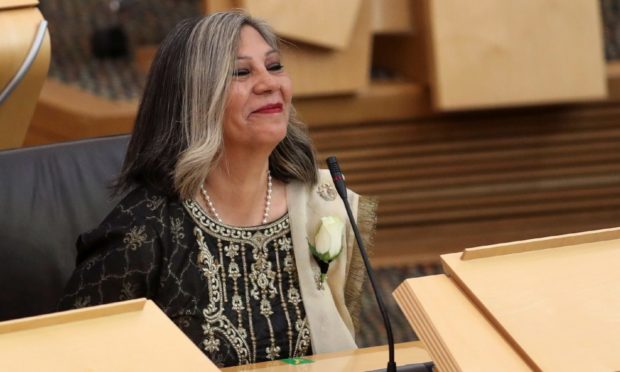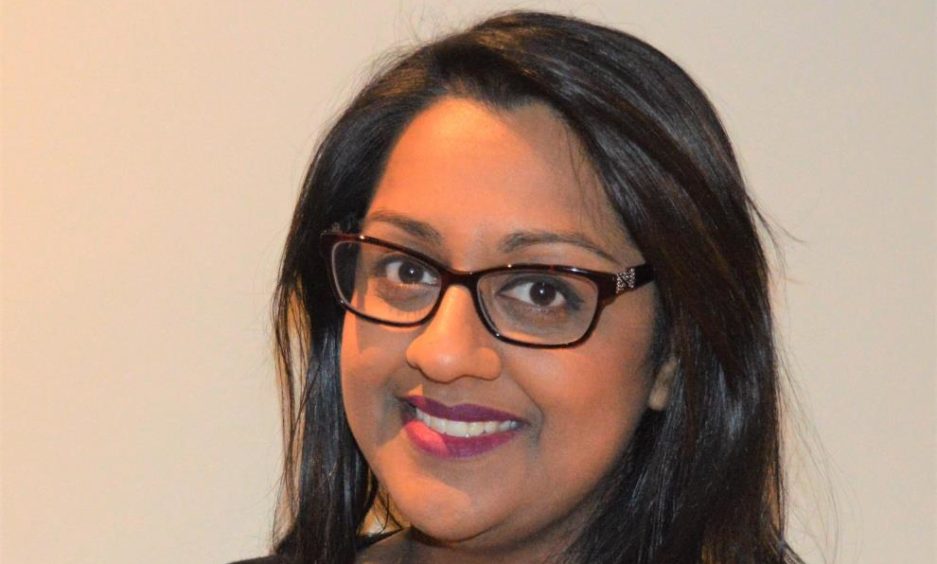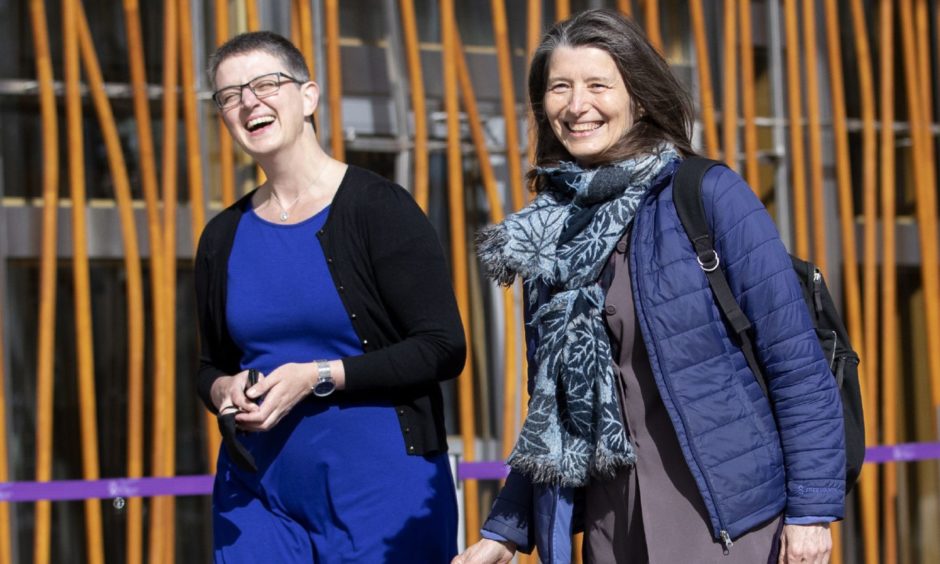Too many women remain excluded from politics and more action is needed to increase access to those who continue to experience barriers, women’s groups claim.
The May 6 election marks a historic moment in women’s representation at parliament with a record 58 women MSPs elected, making up 45% of the members at Holyrood.
However, the last parliamentary session saw several female MSPs step away from politics because of the challenges in juggling political life with the demands of a young family.
Former MSPs Gail Ross and Jenny Marra both made the decision to quit parliament in part because of the conflict between their personal and professional lives.
Prior to the Covid-19 pandemic, they were vocal in calling for digital technology to be used to allow MSPs to participate virtually in parliament but were told the capability was not there.
However, now with digital working the norm for so many, calls have been made to allow it to continue beyond the crisis and into the future.
‘Too long coming’
Talat Yaqoob, co-founder of Women 50:50, which campaigns for 50% representation for women in the Scottish Parliament, local councils and public boards, says while progress “should be celebrated”, it has been “too long coming”.
She believes political parties should continue to use mechanisms to “create a level playing field” and argues for the introduction of legislated candidate quotas to “embed fair representation of women into law”.
She adds: “There are still too many women, particularly from working class backgrounds and BAME communities, who remain excluded from politics.
“We saw many women leave politics in 2021 and they cited the unrealistic pressure of being an MSP, having caring responsibilities and being expected to travel to, and remain in, Edinburgh to participate in parliamentary work.
“We need the Scottish Parliament to embrace a more modern democracy which allows remote working and flexibility, taking into account that this would significantly increase access to political roles for those who continue to experience barriers.
“Research tells us that more representative politics can deliver more inclusive policy, which in our Covid-19 recovery is critical in creating a fairer Scotland; however, we cannot take this for granted, so we must continue to participate in politics beyond the election and hold power to account.”
‘Politics is not family-friendly’
Ken Macintosh, former presiding officer of the Scottish Parliament, said the decision on whether to continue with virtual participation would be “one of the first” decisions new presiding officer Alison Johnstone will have to make.
He told BBC Good Morning Scotland on Thursday that “you wouldn’t wish to uninvent these new technologies and the access that gives to all parts of Scotland” and added it had been a “real boon in many ways”.
However, he said when MSPs participate online they “can’t give and take interventions in a debate, you miss the mood, you can’t read the chamber”.
“It’s all anchored about a 5pm decision time. That by itself makes it, and limiting our hours to make sure parliament meets on Tuesday, Wednesday, Thursday but politics is not family-friendly.
“People want access to you at all times of day and night so the business is not family-friendly but the parliament and the institution and its workings can be made as family-friendly as possible.”
Making elected office ‘work for women’
Emma Ritch, executive director of Engender, Scotland’s feminist policy and advocacy organisation, says while the record in the number of women at Holyrood is to be celebrated, the “fight for women’s equal representation is far from over”.
She adds there are “deeply ingrained sexist attitudes and traditions” in democratic processes which need tackled to “avoid recreating the situation we saw earlier this year where significant numbers of female MSPs stood down due to issues around lack of appropriate childcare, excessive workload, and harassment”.
Ms Ritch adds: “The pandemic has shown us that many seemingly intractable problems can be solved; home working (and schooling), greater use of technology, remote appointments.
“This has made a huge difference to people traditionally excluded from politics due to disability, caring responsibilities, poverty and poor transport links.
“Let’s not rush ‘back to business as usual’ but instead take this learning and think critically about how we can make elected office work for women.”


